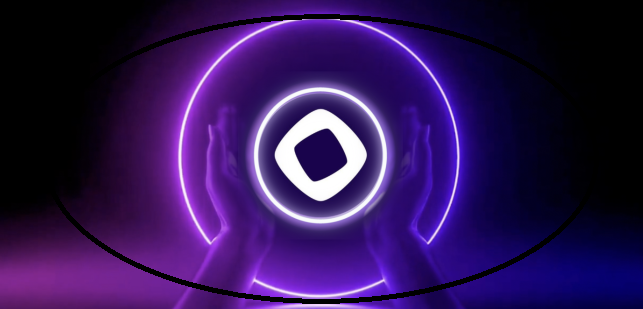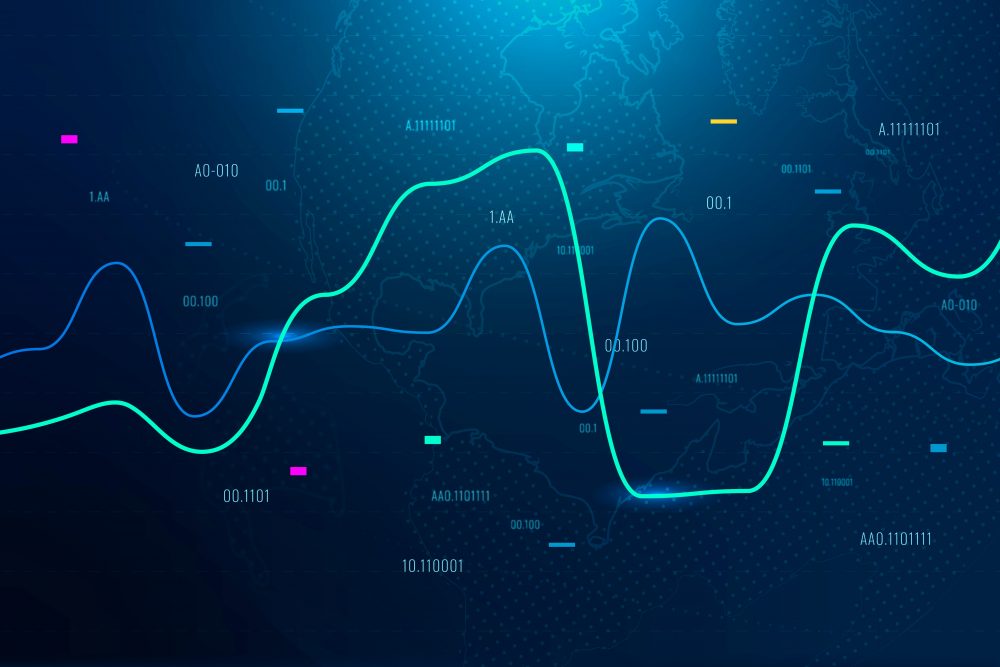Monad Labs has published technical documentation for its upcoming Proof of Stake blockchain. The documents also included information that the local token will be called MON.
What is Monad Labs?
Monad is an Ethereum Virtual Machine compatible blockchain network that offers up to 10 thousand transactions per second with a one-second block time. It states that it has optimized the way Ethereum works to provide greater efficiency. “Monad significantly improves the performance of an EVM-compatible blockchain network and pioneers several innovations that we hope will become standard on Ethereum in the coming years,” documents published by the network read. expressions are included.
High throughput, on the other hand, can be more challenging for those looking to run a node. Hardware requirements for a full node suggest a two-terabyte blockchain, twice the size of the main Ethereum blockchain. Monad also recommends having a faster internet connection, a faster computer, and more RAM.
The main difference of Monad is that it uses a pipelined architecture. This means that instead of performing each action one after the other, it uses a gradual approach.
A key element of the network is that nodes will decide the order of transactions in blocks before those transactions are actually carried out, allowing more time for each phase. This also means that accuracy will be achieved immediately in each block.

What is MON Coin?
MON coin is the Ethereum-compatible native cryptocurrency of the Monad blockchain network. MON coin is also bytecode compatible, making it easy for Ethereum developers to port their decentralized applications to Monad.
In addition, it has been stated that Monad can be described as a derivative of HotStuff, a scalable blockchain technology, and DiemBFT, the core technology of the closed Diem project.
Users of the Monad blockchain use the MON coin to pay for transactions to be carried out and transactions to be included in blocks, known as carrying costs.







